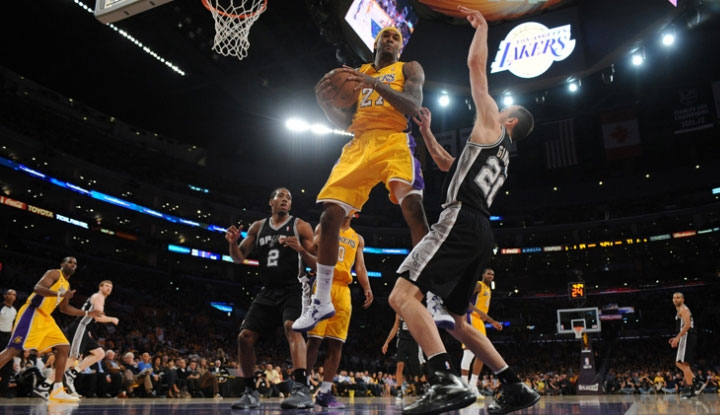Often, the difference is in the leadership that’s motivating players and strategies. That’s why the same kind of conversations should be happening in the locker room and in executives’ offices.
Here are a few ways that leaders can support their teams through stressful situations with high expectations:
- Communication. Leaders need to hear the challenges that their teams are facing and guide them through the journey effectively, empathetically, and clearly.
- Emotional intelligence. Leaders need be able to recognize when a key employee is about to burn out — just like a coach needs to realize when a tired player needs to rest before he injures himself.
- Encouragement. Sometimes, a leader or coach just needs to give encouragement through a difficult period. Star employees — like star athletes — are extremely self-motivated and hold themselves to very high standards. When times get tough, they often blame themselves. While these stars may seem superhuman, they still need encouragement from a strong leader.
If the Lakers’ coaches take the time to truly understand what happened during their season, we can expect to see great things in the future. It’s not going to be easy: Creating, executing, and perfecting a successful leadership strategy can take years, with unavoidable conflicts and problems. But as long as team members and leaders are all learning from their failures along the way, the investment isn’t a wasted one. It’s an opportunity to grow.
Renew, Rethink, and Rebuild
So, how should the Lakers move forward? After a bad year, failed product, or lost account, how should business leaders forge ahead? It’s the same answer for businesses and sports teams alike: honest, thoughtful reflection and well-planned action.
It’s always worthwhile to take time to self-assess, whether you’re looking at quarterly goals or a season. The Lakers’ coaches need to take a hard look at the past decade or two and reevaluate the strategy of using older players in key positions for long time periods. The same strategy applies to business, too.
Managers and executives need to take the time to reflect on their leadership process and their employees’ talents and weaknesses. No one wants to admit to failure, but choosing to ignore it means you’re even more likely to repeat it. It’s important to discover the root cause, confront it, and then share those lessons with the entire team.
In the future, the Los Angeles Lakers might emerge as a stronger, smarter, and more self-aware team than ever before. That’s why failure isn’t always necessarily a “failure” — sometimes, it’s just another way to forge a path to success.
Matt Hunt has spent the better part of the last decade leading innovation for a Fortune 50 retailer and is now a professional writer, speaker, consultant, and founder of Stanford and Griggs, LLC. With over 20 years of business and technology experience, he has demonstrated excellence in business strategy, innovation, and leadership development with large companies, small companies, and nonprofit organizations. Follow Matt on his blog, MattHunt.co, or connect with him on Twitter, Google+, and LinkedIn.
© YFS Magazine. All Rights Reserved. Copying prohibited. All material is protected by U.S. and international copyright laws. Unauthorized reproduction or distribution of this material is prohibited. Sharing of this material under Attribution-NonCommercial-NoDerivatives 4.0 International terms, listed here, is permitted.













